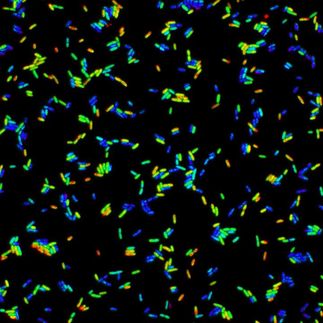Novartis gains exclusive worldwide rights to PTK 0796, a potential first-in-class IV and oral broad-spectrum antibiotic
Advertisement
Novartis has gained exclusive worldwide rights to market PTK 0796, potentially the first once-daily broad-spectrum antibiotic that can be given by intravenous (IV) infusion or oral tablet to treat a wide variety of life-threatening infections, including those caused by highly resistant bacteria such as methicillin-resistant Staphylococcus aureus (MRSA) and multi-drug resistant Streptococcus pneumoniae (MDRSP).
Under the agreement with Paratek Pharmaceuticals the companies will share responsibility for developing PTK 0796. A Phase III study is already under way in complicated skin and skin structure infections (cSSSI), and clinical trials are planned in a number of other potential indications.
Because PTK 0796 may be given as a once-daily 30-minute IV infusion or daily oral tablet, it could offer patients a convenient way to continue antibiotic treatment after they have been discharged from hospital. Its broad spectrum of activity means it could be used as a single agent against a range of bacteria, unlike other antibiotics which may have to be used in combination.
"As the first in a new class of antibiotics, PTK 0796 is being developed to address the growing problem of bacterial resistance to currently available antibiotics," said Joe Jimenez, CEO of the Novartis Pharmaceuticals Division. "It will potentially benefit patients by offering a flexible and highly effective approach to the treatment of a number of critical infections, and should form an important addition to our growing portfolio of antibiotic medicines."
PTK 0796, a first-in-class aminomethylcycline, has shown broad-spectrum activity against a wide range of bacteria, including both Gram-positive and Gram-negative strains as well as atypical and anaerobic bacteria, which grow with little or no oxygen. In addition, PTK 0796 has shown activity against multi-drug resistant bacteria such as MRSA, vancomycin-resistant enterococci (VRE) and Gram-negatives producing ESBL (extended-spectrum beta-lactamase). These bacteria have developed resistance during decades of antibiotic use, so many of the standard therapies are no longer effective.





















































